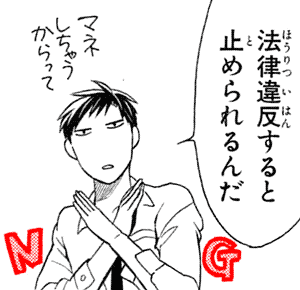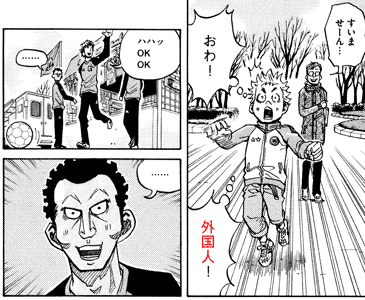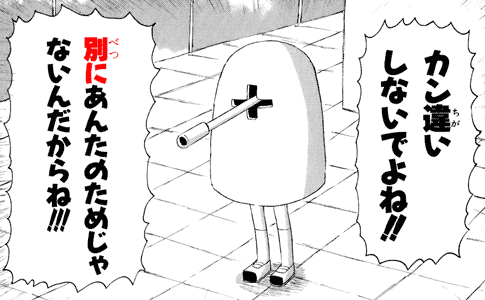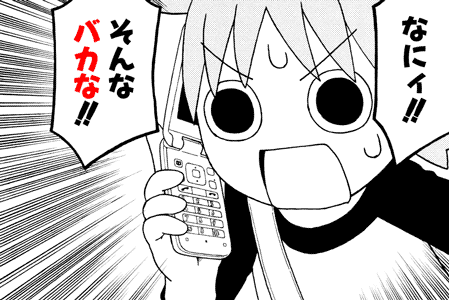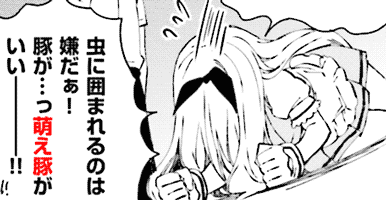In Japanese, a sequence of w's written at the end of a sentence in an internet comment (w, ww, www, wwww, and so on) is a slang like "lol," "lmao," or "rofl" in English. In manga and anime, it's particularly used by internet troll characters, and otaku, leaving snarky comments and starting flame wars.
Anime: Uncle from Another World, Isekai Ojisan 異世界おじさん (Episode 1)
Anime: Inuyashiki いぬやしき (Episode 6)




